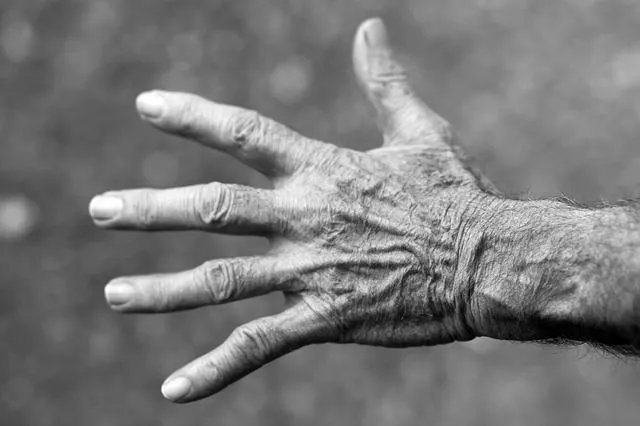Trainer Arizona Fitness Blog

Welcome to Trainer Arizona fitness blog, A divsion of Thurston Personal Training.
Where we're dedicated to providing you with informative and engaging content to support your fitness journey. Whether you're a beginner looking for tips on getting started or a seasoned gym-goer seeking new workout ideas, our fitness articles cover a wide range of topics to help you achieve your goals.
From nutrition advice to workout routines and motivational stories, our personal training blog is your go-to resource for all things fitness. Based in Phoenix, Arizona, our team of experienced personal trainers brings you expert insights and local fitness events to keep you motivated and inspired. Stay tuned for regular updates and join us on the path to a healthier, happier you!

Creatine and Oxidative Stress: Reversing the Effects of Aging
From the first moment you take your first breath, you begin to age. Aging, in its most basic form, is the process by which oxidization occurs in the body. We know oxidization; simply, it’s rust. As certain substances are exposed to oxygen, they rust. The more they rust, the more they decompose. This would include humans. We age because we oxidize; metabolism is little more than rusting from the inside out. This is where antioxidants come in. No one blinks at the term antioxidants any more. About twenty years ago, antioxidants made the news. With promises of reversing aging and improving the quality of one’s life, everybody had it and everybody wanted it. Antioxidants would undo the cell damage of living and increase the quality of life.
The unexamined and often neglected truth is that conventional practice is insufficient in having an impact on health. While we would all agree that we all need to work on eating better, food alone cannot do the trick. For example, vitamin C is a nutrient required by the body on a daily basis. It is not created by the body and is essential for survival and health. It is, additionally, also an effective antioxidant. However, what is referred to as a therapeutic dose for vitamin C, a dose ranging from 400 to even 2500 mg daily needed to impact cellular repair and reverse or mitigate oxidization (Padayatty, Katz, et al, 2003) is nearly impossible to get from food sources. Very simply, a grapefruit, highly packed with vitamin C only contains 79.1 mg of vitamin C. Even for a median dose, one would have to consume 12 and a half grapefruits a day. This seems unlikely and even undesirable.
Therein lies the beauty of creatine. Creatine, an amino acid, has long been a staple in weight-lifting. Creatine, L-Arginine, cysteine, and glutamine are all examples of amino acids. Amino acids are proteins and the building blocks of muscle. Creatine now has become a major focus in research done in the University of Urbino, Italy because of its powerful antioxidant effects. We know it build muscle, but what was previously unexamined was the pivotal role creatine plays in cellular health. The study concluded that creatine was “capable of exerting multiple, non-energy related, effects on diverse and relevant cellular targets” (Sestili, Martinelli, et al, 2011). The study conducted in 2011 clearly indicated that creatine played a crucial role in protecting against oxidative stress and served as a critical supplement in combating “muscular, neurological, and cardiovascular diseases.” If aging is a battle we wage against oxidative stress and, in turn, cellular degeneration, then amino acids, creatine paramount among them, are our ammunition against cellular degeneration and, logically, aging.
One of the ironies of age is that it takes more to build muscle than it did when we were younger. The process is simple. The more we age, the more our bodies require to perform the same functions than when we were younger. Thus, maintaining muscle mass becomes more difficult the older we become. The easiest way to understand this is to consider that our bodies require more to do less. If our bodies have to choose, for example, between great muscle mass and keeping cells healthy, the cells will win every time. Our muscles atrophy and we can actually do more and see less. Creatine levels the playing field by providing not only the food our muscles need, but by counteracting the oxidative stress of aging.
Sources:
Padayatty, S. , Katz, A. et al (February, 2003) Vitamin C as an Antioxidant: Evaluation of Its Role in Disease Prevention. Journal of American College of Nutrition. vol. 22 no. 1 18-35. Sestili, P., Martinelli, C. et al. (May 2011) Amino Acids [Amino Acids]. Vol. 40 (5), pp. 1385-96. Date of Electronic Publication: 2011 Mar 15.
Contact us for a Free Consultation today!
